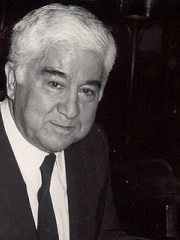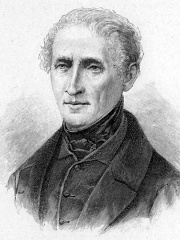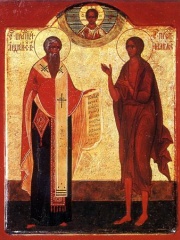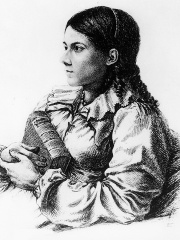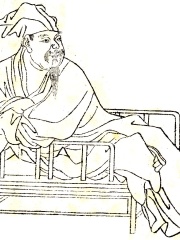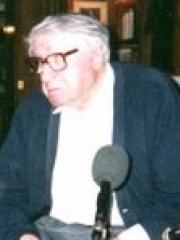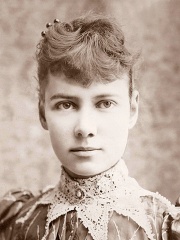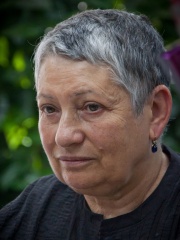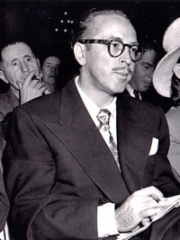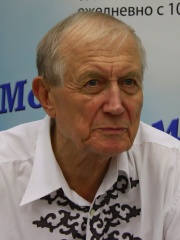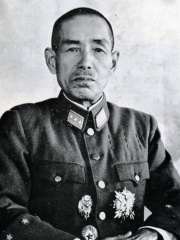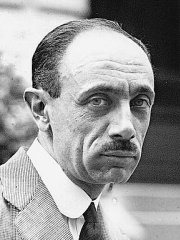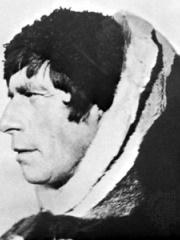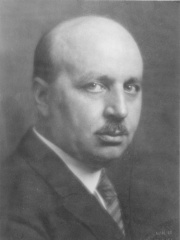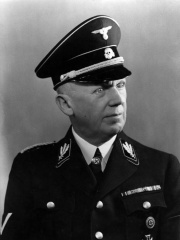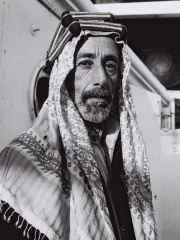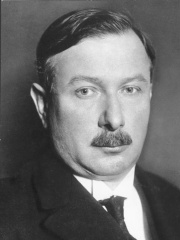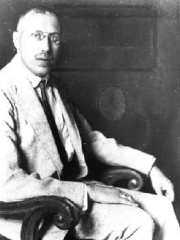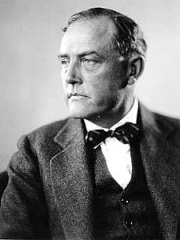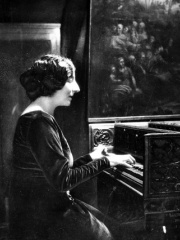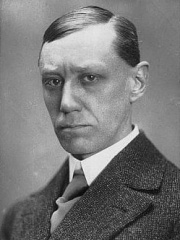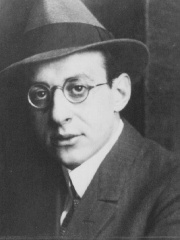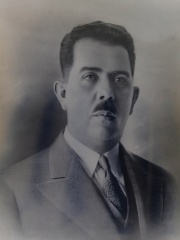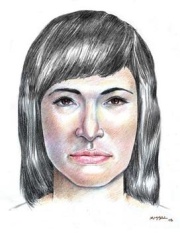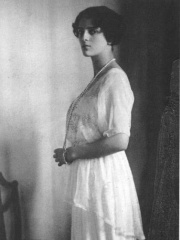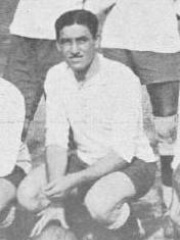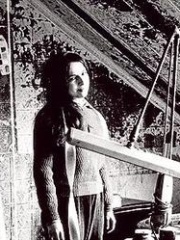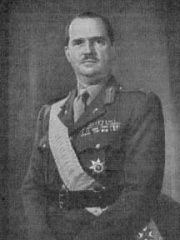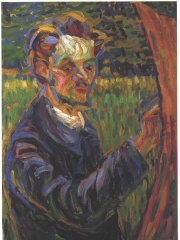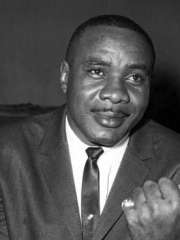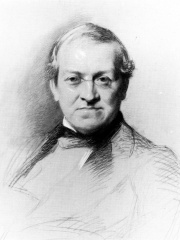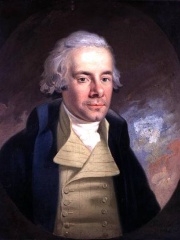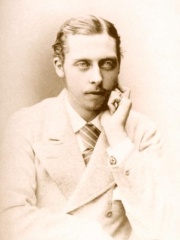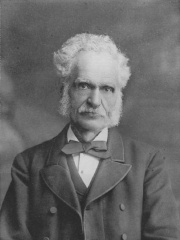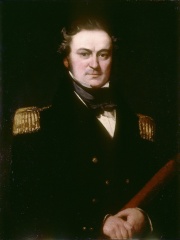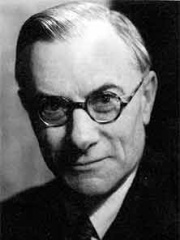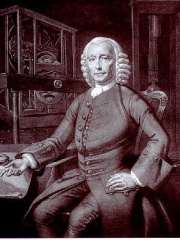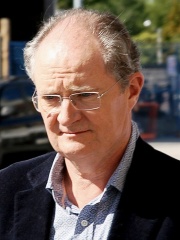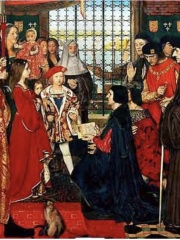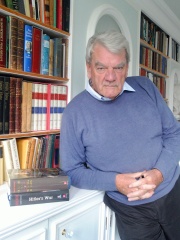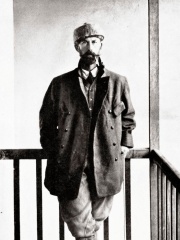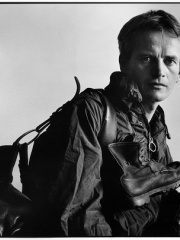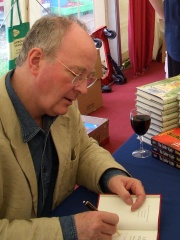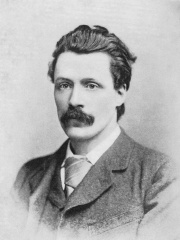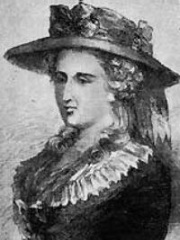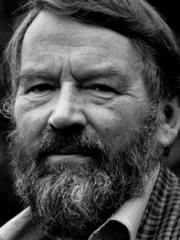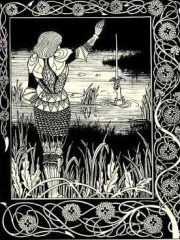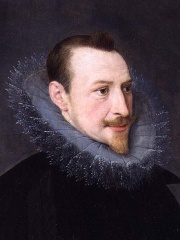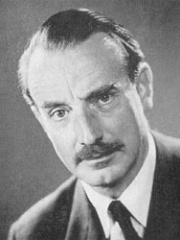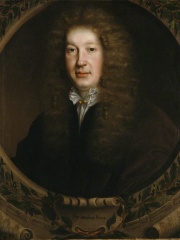WRITER
E. M. Forster
1879 - 1970
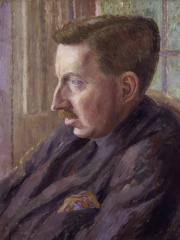
 E. M. Forster
E. M. Forster
Edward Morgan Forster (1 January 1879 – 7 June 1970) was an English author. He is best known for his novels, particularly A Room with a View (1908), Howards End (1910) and A Passage to India (1924). He also wrote numerous short stories, essays, speeches and broadcasts, as well as biographies and pageant plays. His short story "The Machine Stops" (1909) is often viewed as the beginning of technological dystopian fiction. Read more on Wikipedia
His biography is available in 62 different languages on Wikipedia. E. M. Forster is the 1,006th most popular writer (up from 1,087th in 2024), the 930th most popular biography from United Kingdom (down from 823rd in 2019) and the 101st most popular British Writer.
E. M. Forster is most famous for his novel, "A Passage to India."
Memorability Metrics
Page views of E. M. Forster by language
Among WRITERS
Among writers, E. M. Forster ranks 1,006 out of 7,302. Before him are Aziz Nesin, Joseph Freiherr von Eichendorff, Andrew of Crete, Agathon, Bettina von Arnim, and Ouyang Xiu. After him are Henri Troyat, Nellie Bly, Ed Bradley, Lyudmila Ulitskaya, Dalton Trumbo, and Yevgeny Yevtushenko.
Most Popular Writers in Wikipedia
Go to all RankingsAziz Nesin
1915 - 1995
HPI: 68.18
Rank: 1,000
Joseph Freiherr von Eichendorff
1788 - 1857
HPI: 68.18
Rank: 1,001
Andrew of Crete
660 - 740
HPI: 68.16
Rank: 1,002
Agathon
448 BC - 401 BC
HPI: 68.16
Rank: 1,003
Bettina von Arnim
1785 - 1859
HPI: 68.15
Rank: 1,004
Ouyang Xiu
1007 - 1072
HPI: 68.15
Rank: 1,005
E. M. Forster
1879 - 1970
HPI: 68.14
Rank: 1,006
Henri Troyat
1911 - 2007
HPI: 68.11
Rank: 1,007
Nellie Bly
1864 - 1922
HPI: 68.11
Rank: 1,008
Ed Bradley
1941 - 2006
HPI: 68.11
Rank: 1,009
Lyudmila Ulitskaya
1943 - Present
HPI: 68.11
Rank: 1,010
Dalton Trumbo
1905 - 1976
HPI: 68.10
Rank: 1,011
Yevgeny Yevtushenko
1933 - 2017
HPI: 68.09
Rank: 1,012
Contemporaries
Among people born in 1879, E. M. Forster ranks 34. Before him are Shunroku Hata, Pál Teleki, Knud Rasmussen, Henri Giraud, Karl Bühler, and Hans Lammers. After him are Ali of Hejaz, Joseph Wirth, Hans Hahn, Victor Sjöström, Wanda Landowska, and Max Schreck. Among people deceased in 1970, E. M. Forster ranks 48. Before him are Fritz Perls, Lázaro Cárdenas, Nina Ricci, Isdal Woman, Princess Irina Alexandrovna of Russia, and Pedro Cea. After him are Eva Hesse, Prince Felix of Bourbon-Parma, Erich Heckel, Sonny Liston, Lev Kuleshov, and Reizo Fukuhara.
Others Born in 1879
Go to all RankingsShunroku Hata
MILITARY PERSONNEL
1879 - 1962
HPI: 69.00
Rank: 28
Pál Teleki
POLITICIAN
1879 - 1941
HPI: 68.80
Rank: 29
Knud Rasmussen
ANTHROPOLOGIST
1879 - 1933
HPI: 68.61
Rank: 30
Henri Giraud
MILITARY PERSONNEL
1879 - 1949
HPI: 68.57
Rank: 31
Karl Bühler
PSYCHOLOGIST
1879 - 1963
HPI: 68.37
Rank: 32
Hans Lammers
POLITICIAN
1879 - 1962
HPI: 68.27
Rank: 33
E. M. Forster
WRITER
1879 - 1970
HPI: 68.14
Rank: 34
Ali of Hejaz
POLITICIAN
1879 - 1935
HPI: 68.07
Rank: 35
Joseph Wirth
POLITICIAN
1879 - 1956
HPI: 68.04
Rank: 36
Hans Hahn
MATHEMATICIAN
1879 - 1934
HPI: 67.98
Rank: 37
Victor Sjöström
FILM DIRECTOR
1879 - 1960
HPI: 67.87
Rank: 38
Wanda Landowska
MUSICIAN
1879 - 1959
HPI: 67.85
Rank: 39
Max Schreck
ACTOR
1879 - 1936
HPI: 67.83
Rank: 40
Others Deceased in 1970
Go to all RankingsFritz Perls
PSYCHOLOGIST
1893 - 1970
HPI: 68.90
Rank: 42
Lázaro Cárdenas
POLITICIAN
1895 - 1970
HPI: 68.88
Rank: 43
Nina Ricci
DESIGNER
1883 - 1970
HPI: 68.82
Rank: 44
Isdal Woman
ARCHAEOLOGIST
1940 - 1970
HPI: 68.64
Rank: 45
Princess Irina Alexandrovna of Russia
POLITICIAN
1895 - 1970
HPI: 68.49
Rank: 46
Pedro Cea
SOCCER PLAYER
1900 - 1970
HPI: 68.37
Rank: 47
E. M. Forster
WRITER
1879 - 1970
HPI: 68.14
Rank: 48
Eva Hesse
SCULPTOR
1936 - 1970
HPI: 68.11
Rank: 49
Prince Felix of Bourbon-Parma
POLITICIAN
1893 - 1970
HPI: 67.84
Rank: 50
Erich Heckel
PAINTER
1883 - 1970
HPI: 67.82
Rank: 51
Sonny Liston
BOXER
1932 - 1970
HPI: 67.58
Rank: 52
Lev Kuleshov
FILM DIRECTOR
1899 - 1970
HPI: 67.39
Rank: 53
Reizo Fukuhara
SOCCER PLAYER
1931 - 1970
HPI: 66.88
Rank: 54
In United Kingdom
Among people born in United Kingdom, E. M. Forster ranks 930 out of 8,785. Before him are David Coverdale (1951), Charles Wheatstone (1802), William Wilberforce (1759), Kenny Dalglish (1951), Prince Leopold, Duke of Albany (1853), and Henry Walter Bates (1825). After him are William Parry (1790), E. H. Carr (1892), John Harrison (1693), Jim Broadbent (1949), Edmund Tudor, Duke of Somerset (1499), and Rob Halford (1951).
Others born in United Kingdom
Go to all RankingsDavid Coverdale
SINGER
1951 - Present
HPI: 68.21
Rank: 924
Charles Wheatstone
PHYSICIST
1802 - 1875
HPI: 68.18
Rank: 925
William Wilberforce
POLITICIAN
1759 - 1833
HPI: 68.17
Rank: 926
Kenny Dalglish
SOCCER PLAYER
1951 - Present
HPI: 68.16
Rank: 927
Prince Leopold, Duke of Albany
POLITICIAN
1853 - 1884
HPI: 68.16
Rank: 928
Henry Walter Bates
BIOLOGIST
1825 - 1892
HPI: 68.16
Rank: 929
E. M. Forster
WRITER
1879 - 1970
HPI: 68.14
Rank: 930
William Parry
EXPLORER
1790 - 1855
HPI: 68.14
Rank: 931
E. H. Carr
PHILOSOPHER
1892 - 1982
HPI: 68.14
Rank: 932
John Harrison
INVENTOR
1693 - 1776
HPI: 68.12
Rank: 933
Jim Broadbent
ACTOR
1949 - Present
HPI: 68.12
Rank: 934
Edmund Tudor, Duke of Somerset
NOBLEMAN
1499 - 1500
HPI: 68.11
Rank: 935
Rob Halford
SINGER
1951 - Present
HPI: 68.08
Rank: 936
Among WRITERS In United Kingdom
Among writers born in United Kingdom, E. M. Forster ranks 101. Before him are David Irving (1938), Percy Fawcett (1867), Samuel Butler (1612), Bruce Chatwin (1940), Philip Pullman (1946), and George Gissing (1857). After him are Ann Radcliffe (1764), John Fowles (1926), Thomas Malory (1405), Edmund Spenser (1552), James Hadley Chase (1906), and John Dryden (1631).
David Irving
1938 - Present
HPI: 68.54
Rank: 95
Percy Fawcett
1867 - 1925
HPI: 68.49
Rank: 96
Samuel Butler
1612 - 1680
HPI: 68.47
Rank: 97
Bruce Chatwin
1940 - 1989
HPI: 68.28
Rank: 98
Philip Pullman
1946 - Present
HPI: 68.28
Rank: 99
George Gissing
1857 - 1903
HPI: 68.26
Rank: 100
E. M. Forster
1879 - 1970
HPI: 68.14
Rank: 101
Ann Radcliffe
1764 - 1823
HPI: 68.01
Rank: 102
John Fowles
1926 - 2005
HPI: 68.01
Rank: 103
Thomas Malory
1405 - 1471
HPI: 67.91
Rank: 104
Edmund Spenser
1552 - 1599
HPI: 67.90
Rank: 105
James Hadley Chase
1906 - 1985
HPI: 67.84
Rank: 106
John Dryden
1631 - 1700
HPI: 67.84
Rank: 107
